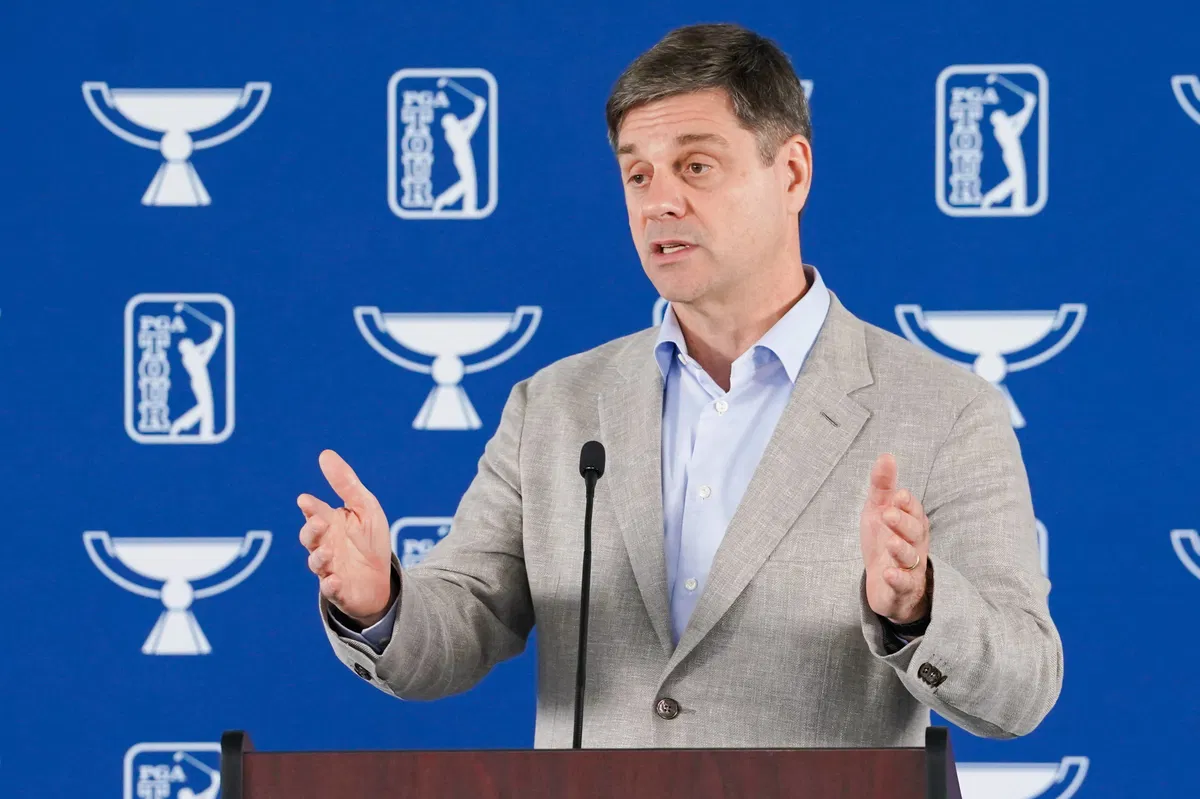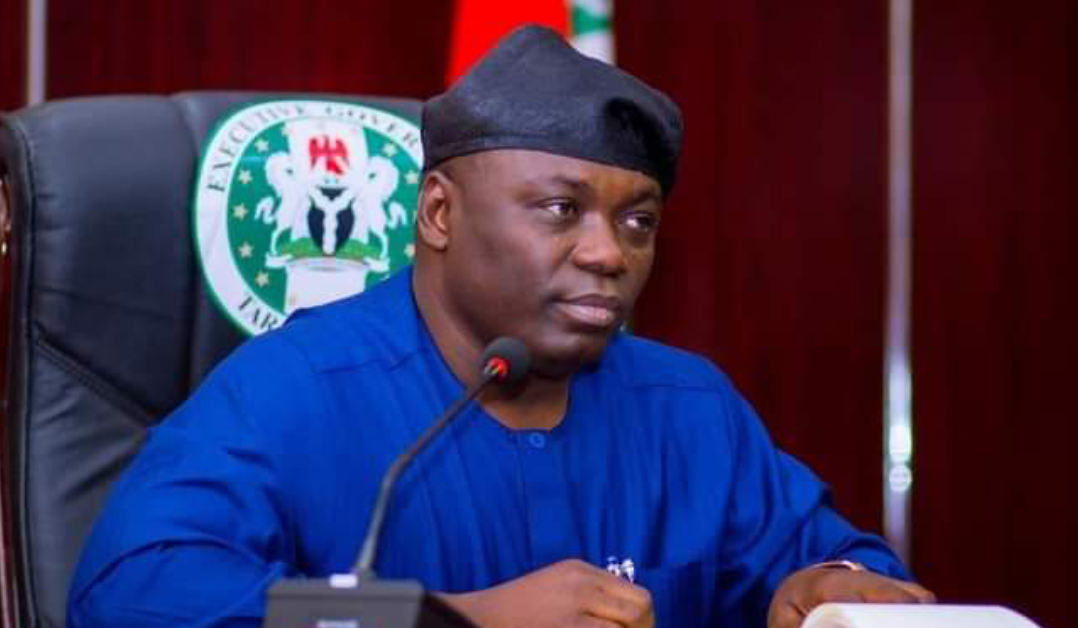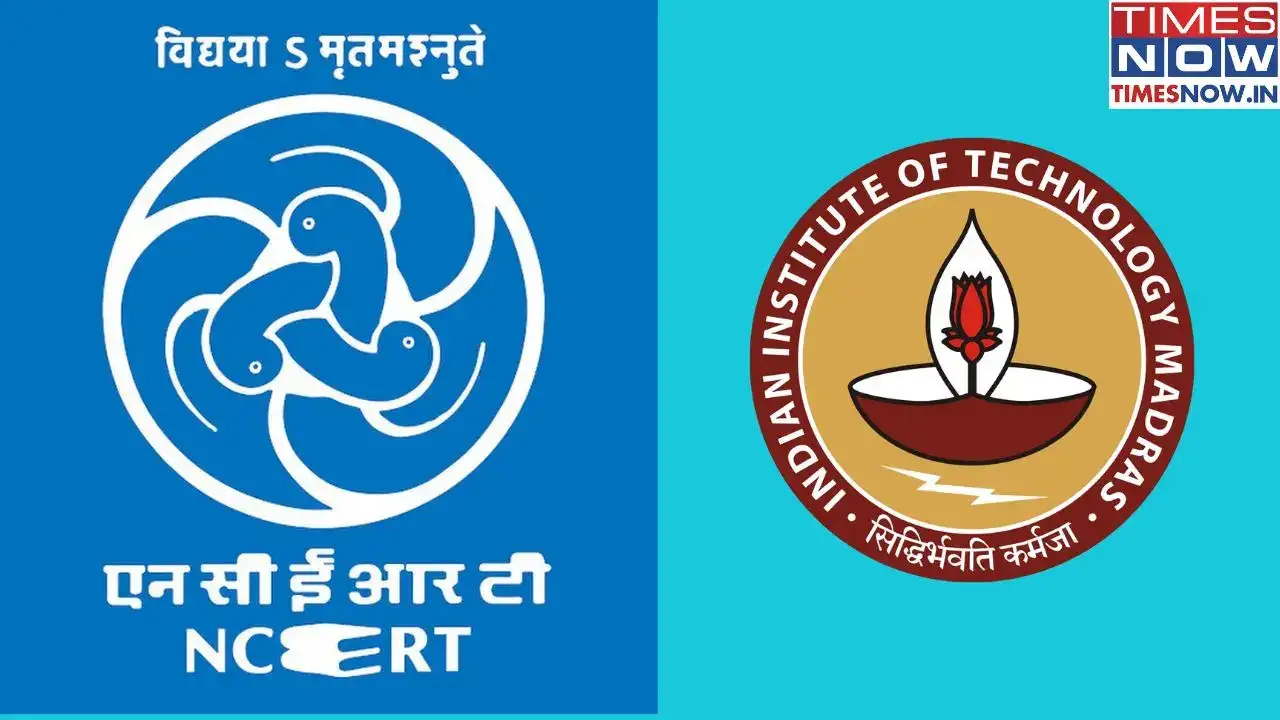Copyright Essentially Sports

Betting is supposed to add excitement to sports. But when the line between competition and corruption blurs, it threatens the very core of the game. The recent NBA gambling scandal involving Terry Rozier has sent shockwaves through the sports world. Meanwhile, for golf, the warning bells could not be louder. With gambling becoming more deeply embedded in modern sports, a Golf Channel analyst believes the PGA Tour needs to take this as a serious cautionary tale. Federal officials arrested Terry Rozier of the NBA, charging him with manipulating his performance in the March 2023 game to help gamblers win bets. Citing the incident, one Golf Channel host and a known podcast analyst has spoken about how that becomes a dangerous precedent for golf. “Well, if it’s not a cautionary tale, then your head is buried in the sand. We understand, with the prevalence of gambling now in our society, through marketing efforts and the very close relationships with all these sports leagues, including the PGA Tour,” Brendan Porath told Golf Channel. “And I think what we have in our sport, in golf, is unique in that it’s usually one person, right? Who can determine his own success or failure. They’re so much in control.” ADVERTISEMENT Article continues below this ad Porath drew a chilling comparison between Rozier’s alleged actions and the potential vulnerabilities in golf. A player could simply have an off day, or pretend to, and no one would suspect foul play. “Terry Rozier… can control his unders,” he continued. “With golf, there’s a similar sort of agency. An ability to control the outcome.” ADVERTISEMENT Article continues below this ad Adding to that concern is the growing trend of head-to-head matchups in golf betting. Brendan warned that this opens the door to obscure pairings, drawing heavy action for no obvious reason. He added, “All of a sudden, the number 110th player in the FedEx Cup is getting a lot of action on a random Friday head-to-head, we can see it.” With hundreds of matchups across dozens of events, monitoring irregular betting activity becomes almost impossible. Golf’s individual setup makes it harder to detect manipulation until it’s too late. Beyond the loss of integrity, the analyst believes it also changes how fans engage with the sport, and not for the better. Gambling doesn’t just affect results. It erodes trust. Even something as ordinary as a poorly struck drive could raise no suspicion, or all of it. Was the golfer out of form, or something more? It is this gray area that makes golf a risky frontier for gambling corruption. Read Top Stories First From EssentiallySports Click here and check box next to EssentiallySports While the Terry Rozier scam remains a major cautionary tale for golf, the PGA Tour already has firm policies in place against betting-related scams. ADVERTISEMENT Article continues below this ad PGA Tour’s regulations against betting scams The golfing world and the PGA Tour, in particular, have strict prohibitions against match fixing and gambling rigs. As per the Tour’s official Integrity Program Manual, one of its biggest missions is “to maintain integrity and prevent and mitigate betting-related corruption in PGA TOUR competitions.” The Manual applies to all tours operated by the PGA Tour, and to “Covered Persons” (players, support teams, staff, officials, etc.). Under these rules, no covered person can place bets on professional golf events or profit from another player’s results. Even indirect ties, such as sponsorships or side wagers, are prohibited. Violations can lead to suspensions and heavy fines. Players like Jake Staiano from the Korn Ferry Tour and Marco Penge from the DP World Tour have already faced temporary suspensions for betting on tournaments they were not part of. Although they weren’t participating in those events, the Tour’s strict policies enforce the integrity of the sport. Moreover, the Tour also prohibits a golfer from having sponsor deals or endorsements from sports betting companies and gambling platforms. In addition, players, caddies, officials, and other covered persons must complete education modules about betting-corruption risks and the Tour’s rules. The Rozier scandal has left every league on edge. For the PGA Tour, it’s a wake-up call to double down on its integrity systems before money starts steering more than just the leaderboard.



